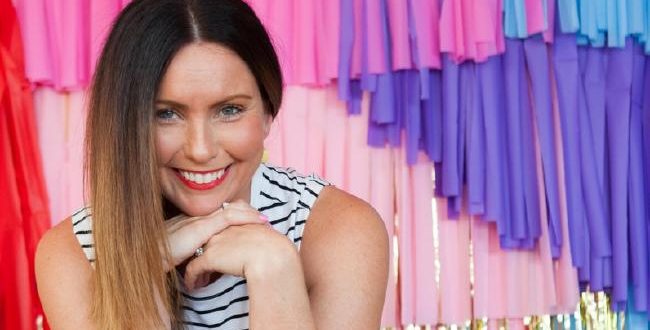Family lawyer Clarissa Rayward has published a book on finding happiness at work, aimed at helping people balance work and home lives.
The 20-year industry veteran has watched colleagues struggle through careers.
“When it comes to being unhappy in your chosen profession, you can’t blame work so easily — we put too much pressure on our jobs, on our employees and on our work relationships to make us happy when, really, that’s up to us,” Rayward says. She credits part of her personal turnaround to starting to look for positives.
“I didn’t have to spend lots of money or head off and do something new, and I didn’t have to leave law. I just had to change the way I saw the world.”
Rayward has five tips for workplace happiness, including: improving health and exercising; having a positive attitude; working everyday passions into work; creating a purpose; and finding a sense of self. Details: thehappyfamilylawyer.com.
Be a boss for a month
Entries are open for workforce solutions company Adecco’s CEO for One Month competition, which helps to improve the career prospects of young workers in 49 countries.
Australian chief executive Ger Doyle says countries that successfully tackle youth unemployment have created education systems to encourage experiential and project-based learning with work-based training and apprenticeships.
More than 900 Australians applied last year. The successful candidate will shadow Doyle for a month before competing to work with the international chief executive Alan Dehaze for another month. The winner will be paid an equivalent salary. Details: adeccowaytowork.com.
Closing the indigenous job gap
Recruitment specialist Randstad and Aboriginal employment services provider Yarn’n have joined to provide more than 100 jobs to Aboriginal people in NSW and the ACT.
Randstad Australia & New Zealand chief executive Frank Ribuot says the partnership will improve workplace diversity and help bring change through jobs.
“Our partnership with Yarn’n combines their insights around the indigenous community with our recruitment expertise to help deliver sustainable employment,” Ribuot says. “All participants will undergo tailored training and development programs which are designed to give them the best chance at success.”
Roles created will span entry level to senior positions across a range of industries.
“The employment gap between indigenous Australians and non-indigenous Australians with a university degree demonstrates that something as simple as entry into the workforce can be a huge factor in increasing a person’s quality of life,” Ribuot says.
Global job demand
International currency exchange company World First has looked at in-demand careers in eight leading economies and found moving countries can be difficult if there are too many people already doing your job.
While engineers are needed in Australia, Germany, Singapore, Britain and the US, they are in surplus in Canada, Hong Kong and the United Arab Emirates. Britain’s most in-demand roles are for IT specialists, economists, teachers, paramedics, social workers and graphic designers. Australia needs medical professionals and tradespeople, while Singapore needs finance and construction professionals. Canada needs programmers, finance, HR, marketing, hospitality and construction professionals, while the US needs scientists, engineers, auditors, tertiary education professionals, vets and computer specialists.
Reader comments on this site are moderated before publication to promote lively and civil debate. We encourage your comments but submitting one does not guarantee publication. We publish hundreds of comments daily, and if a comment is rejected it is likely because it does not meet with our comment guidelines, which you can read here. No correspondence will be entered into if a comment is declined.





